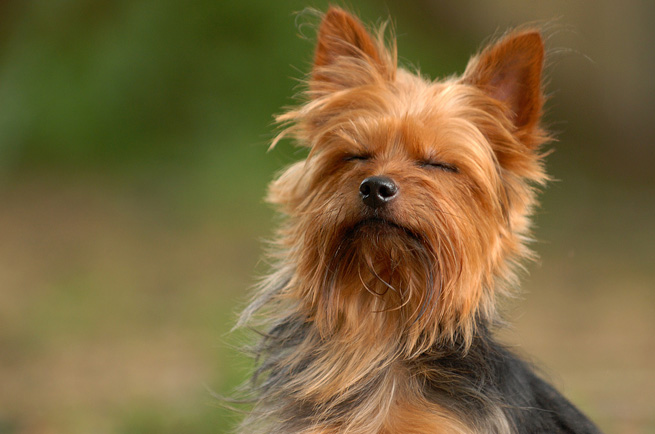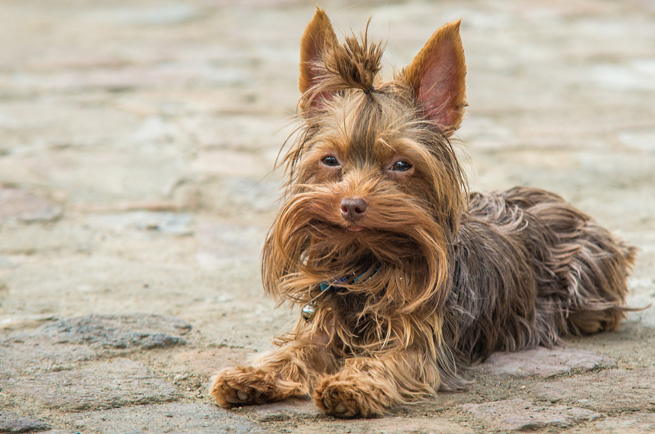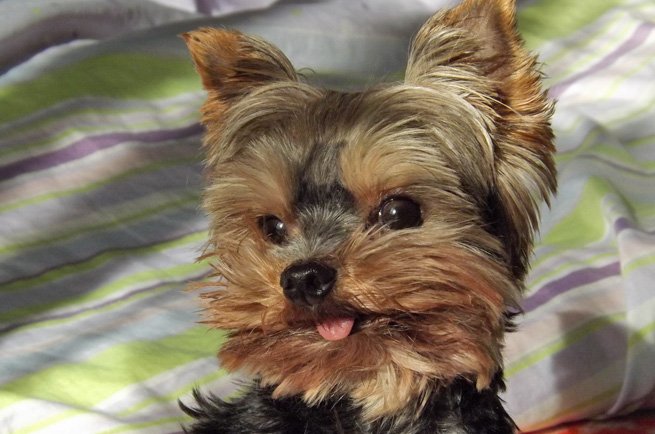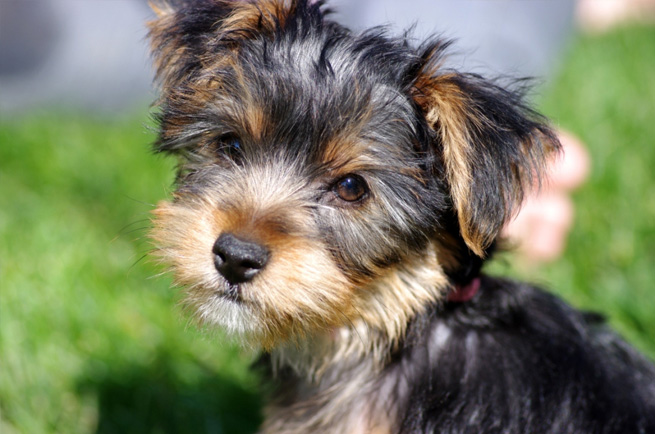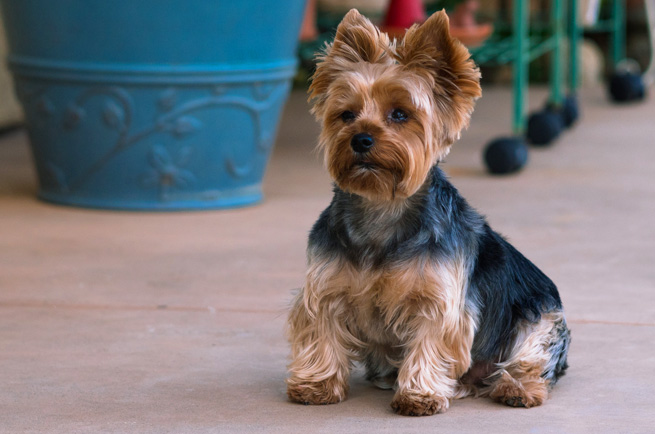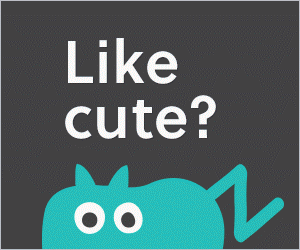Yorkshire Terrier
This small, toy-sized but sturdy dog sports a blue and gold coloured (some might say black and brown) coat. Its size makes it a great dog for apartment living or homes without a yard. However, Yorkies are active pooches so it will need a daily walk. The Yorkie is known for its lustrous and long coat, which does require a fair bit of grooming—daily in fact. The hair on top of its head can grow quite long, so you'll often see Yorkies with the hair of their head gathered into a band to stop it from going onto their eyes, or food bowl for that matter!
Typically blue and gold. The blue is a steel blue, often lightening to grey with age. The gold should be a rich tan.
12-15 years
The Yorkie can live on very little food. It is very easy to overfeed a Yorkshire Terrier. Obesity is a serious state for the small dog and can lead to several nasty diseases, such as diabetes, joint problems, kidney failure, etcetera.
comments powered by Disqus

